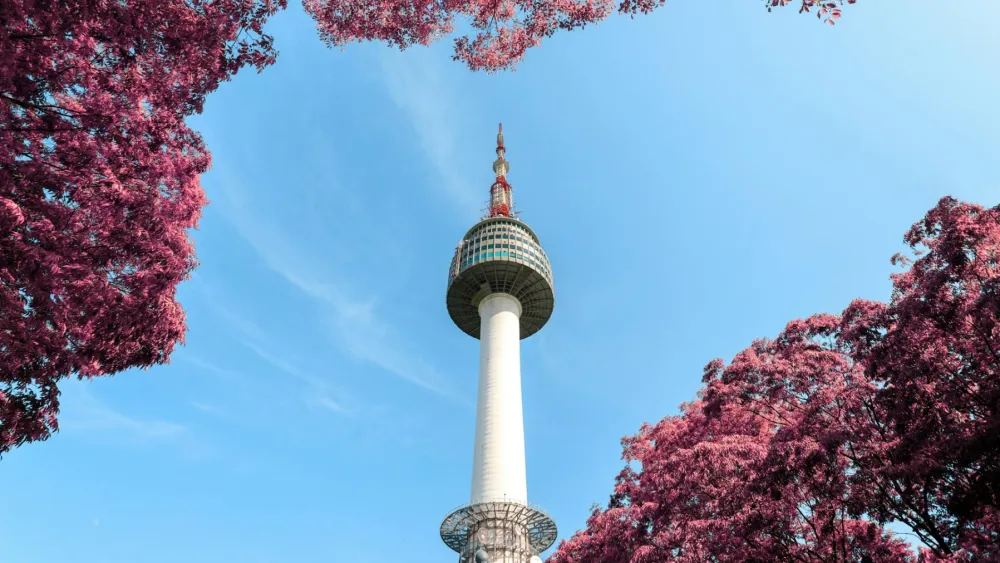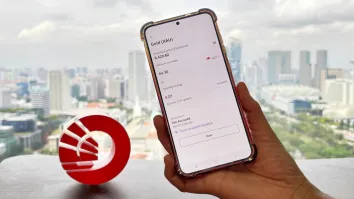Indonesia issues a Merger Control Regulation
By Daniel Ginting, Nathaniel Mangunsong and Harun ReksodiputroThe recently issued "Merger Control Regulation" introduces new notification requirements for mergers, consolidations or acquisitions in Indonesia.
Thresholds for Mandatory Notification
An Indonesian entity who has carried out a Merger must, within 30 working days after the legal effective date of such Merger, submit a notification to the Indonesian Business Competition Supervisory Commission ("KPPU"), if the Merger meets any of the following thresholds:
• the value of the assets of the combined businesses post Merger exceed Rp 2,500,000,000,000 (approximately US$277 million) (in the case of non-financial institutions) or Rp 20,000,000,000,000 (approximately US$2,222 billion) (in the case of financial institutions); or
• the sales turnover of the combined businesses post Merger exceed Rp 5,000,000,000,000 (approximately US$555 million); or
• in the case of an acquisition of shares, the acquired shares equate control, either through the acquisition of more than a 50% shareholding of the relevant entity or less than a 50% shareholding but sufficient to influence the policy of the entity's management (for example, through a shareholders agreement or nomination of members of Board of Directors or Commissioners).
Effect of a Mandatory Notification
Following the notification, KPPU will assess the Merger with respect to issues such as monopolistic practices and/or unfair competition. Within 90 working days following submission of complete documents KPPU will either issue in writing: (i) an objection opinion or (ii) a non-objection opinion.
The effect of an objection opinion is that KPPU will exam the Merger in accordance with the procedures set out in the Indonesian antimonopoly laws. KPPU could ultimately impose sanctions including administrative fines and, most significantly, order the revocation of the Merger (subject to appeal to the District Court and the Supreme Court). It is not clear what an order to revoke the Merger will mean in practice. For example, whether the parties would be required to unwind the Merger. Historically, KPPU has ordered shareholders to divest their shares to unaffiliated parties rather than unwind the Merger.
The effect of a non-objection opinion is that the Merger is cleared from the perspective of the Indonesian Antimonopoly Law.
Voluntary Pre Notification
As the potential end result of a Merger receiving an objection notice can mean that the Merger will have to be unwound, this can have substantial financial consequences on the parties involved. The Merger Control Regulation therefore also sets out a process whereby the parties can obtain guidance in writing (in the form of (i) an objection opinion, (ii) non-objection opinion or (iii) conditional non-objection opinion) from KPPU prior to the Merger (in some jurisdictions known as "Pre-Notification").
Pre Notification can be made by submitting the required documents to KPPU prior to the Merger. However, it is worth noting that KPPU may summon parties who are not directly involved in the Merger (e.g., competitors, consumers, or government entities) to request their opinion or any required information in relation to the Merger. Therefore, there is no guarantee that the details of the Merger will be kept confidential.
Opinions issued by KPPU in the pre-notification phase are not a final approval or rejection of the proposed Merger. The parties are still required to submit a notification to KPPU post Merger and there is a possibility that the Merger could be re-assessed by KPPU in the post Merger stage and an objection opinion issued.
However, the KPPU Guidelines stipulate that the valuation of a Merger will only be conducted one time as long as there is no “material change” (for example, change of market conditions and material change in information submitted to KPPU) with regard to the information disclosed to the KPPU.
Summary
To summarise:
• Parties must make a mandatory notification post Merger if the thresholds set out above are met.
• Parties may elect to make a voluntary notification pre Merger to obtain some guidance from KPPU in relation to the proposed transaction from Indonesian Antimonopoly Law perspective.
• The advantages of choosing the pre-notification route instead of the post-notification route are:
a. the parties gain some comfort that if KPPU approves the Merger, it is unlikely to object post Merger (except if there is a material change as mentioned above);
b. the parties have the possibility of amending the transaction structure or offering proposing alternative mitigants if KPPU indicate that they would only object to certain parts of the Merger's transaction; and
c. the ability to cover off the risk in the Merger documentation (for example, in the sale and purchase agreement parties could agree that the Merger cannot close without a non objection opinion from KPPU).
• In any case, in the event that a Merger raises potential competition issues, we would strongly recommend the pre-notification route.




















 Advertise
Advertise












